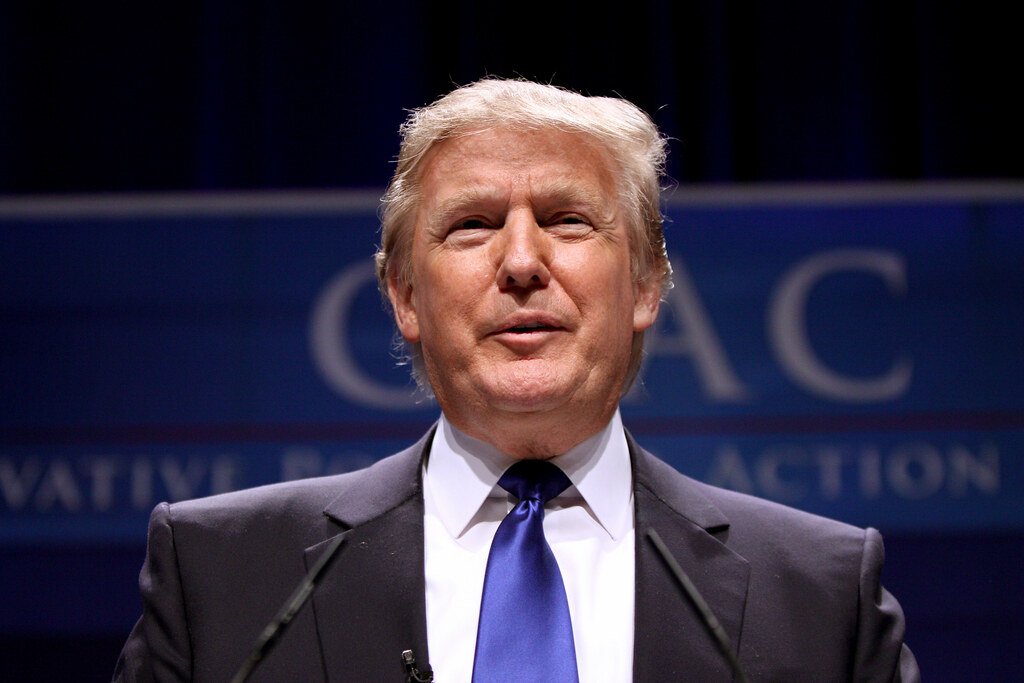The tech world is abuzz with the latest legal drama as the Department of Justice (DOJ) takes on a titan of the industry: Apple. The DOJ has filed a lawsuit claiming that Apple’s dominance in the smartphone market has stifled competition, leading to the downfall of several would-be rivals. This case is not just about the tech giant’s competitive practices; it’s a narrative of what could have been for companies like Amazon, Microsoft, and HTC in the smartphone arena.
The DOJ’s lawsuit paints a picture of a market where Apple’s ‘walled garden’ has grown too high for others to scale. The court documents allege that ‘many prominent, well-financed companies have tried and failed to successfully enter the relevant markets because of these entry barriers.’ Among the casualties cited are Amazon’s Fire Phone, Microsoft’s Windows Phone, and HTC’s mobile range. The DOJ argues that these failures are not just business missteps but the result of Apple’s iron grip on the market.
Amazon’s Fire Phone is a case in point. Launched in 2014, it was touted as a game-changer with its ability to scan real-life objects for easy purchase on Amazon. But the phone was a commercial flop, and Amazon exited the smartphone market a year later after reporting a staggering loss of $170 million. The DOJ suggests that Apple’s market practices played a role in the Fire Phone’s demise, despite the device’s late entry to the market, high initial price point, and lack of popular Google apps.
The DOJ also points fingers at Apple for the end of the Windows Phone and the struggles faced by HTC and LG. The lawsuit claims that the entry barriers created by Apple are so significant that even Google lags behind as a ‘distant third’ despite being the developer of the Android operating system. This paints a grim picture for any company daring to challenge the incumbents.
Apple’s ‘ecosystem’ is at the heart of the DOJ’s monopoly accusation. The seamless integration of Apple products is said to lock users into a closed loop that discourages switching to non-Apple smartphones. The lawsuit also highlights the challenges faced by developers like Tile, who claim restricted access to iPhone sensors has disadvantaged their products in favor of Apple’s offerings.
The DOJ’s legal action against Apple has been likened to the antitrust lawsuit filed against Microsoft in 1998. The department accuses Apple of engaging ‘in many of the same tactics that Microsoft used,’ such as ‘higher prices, fewer new products, and a worse user experience.’ Apple, for its part, has stated its intention to ‘vigorously defend against’ the lawsuit, arguing that a successful suit would ‘hinder our ability to create the kind of technology people expect from Apple.’
It’s clear that the stakes are high not just for Apple, but for the entire tech industry. The outcome could redefine the competitive landscape and determine the future of innovation in the smartphone market. Will the DOJ’s lawsuit be the catalyst for change, or will Apple’s defense prove that the failures of its competitors were self-inflicted? Only time will tell, but one thing is certain: the tech world is watching closely.





